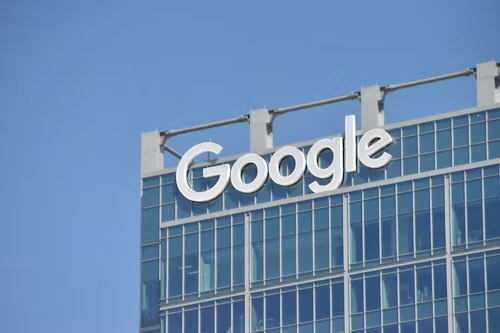Google Settles $1.4 Billion Lawsuit with Texas Over Unlawful Data Collection

In a groundbreaking development, Google has agreed to pay $1.375 billion to settle two lawsuits filed by the state of Texas over alleged privacy violations. This marks one of the largest state-level privacy settlements in U.S. history, with significant implications for data privacy rights, tech regulation, and consumer protection.
The lawsuits, filed in 2022 by Texas Attorney General Ken Paxton, accused Google of unlawfully collecting users’ data without their consent. The complaints centered around the company’s practices involving location tracking, incognito browsing data collection, and the harvesting of biometric data, including voiceprints and facial geometry.
Key Allegations Against Google
The primary accusations in the lawsuit include:
- Geolocation Tracking Without Consent: Google was accused of tracking users’ geolocation data even when location services were disabled, violating users’ privacy expectations.
- Data Collection During Incognito Mode: The Texas lawsuits alleged that Google continued to collect browsing data from users even when they were in Incognito mode, a feature that is marketed as providing private browsing.
- Biometric Data Harvesting: Google was also accused of collecting biometric data such as voiceprints and facial geometry through services like Google Photos and Google Assistant, without proper user consent.
These practices were said to be in violation of Texas consumer protection laws, which are designed to protect consumers from unauthorized use of their personal data.
Settlement Details
Google has agreed to pay $1.375 billion to settle the claims, making it the largest privacy-related settlement in the state’s history. However, Google has not admitted to any wrongdoing. The company maintains that the claims were based on outdated product policies that have since been revised. As part of the settlement, Google will not be required to implement any new product changes or amend its current data collection practices.
This settlement is not the first time Google has faced legal action over privacy concerns. In recent years, the tech giant has come under increased scrutiny for its data practices. The settlement serves as a reminder of the growing regulatory pressure on tech companies to address consumer privacy concerns. Google’s resolution of this lawsuit follows similar legal battles, including a $1.4 billion settlement with Meta (formerly Facebook) earlier in 2024, after accusations of illegal data collection. The larger trend of state-level lawsuits and settlements highlights a shift in how data privacy issues are being handled, with states playing a more prominent role in holding tech companies accountable.
The Future of Data Privacy and Regulation
The Google-Texas settlement is a significant milestone in the ongoing debate over privacy rights and tech regulation. As tech companies like Google continue to collect vast amounts of data, consumers and regulators are demanding greater transparency and accountability.
The settlement also signals a shift toward more aggressive legal and regulatory actions, with the potential for further legal challenges against Google and other tech giants in the future. It also raises important questions about how tech companies balance business interests with user privacy and how regulators will continue to adapt to rapidly evolving technologies.
What Does This Mean for Consumers?
For consumers, the settlement offers a degree of reassurance that tech companies will be held accountable for privacy violations. It also emphasizes the importance of being vigilant about how personal data is collected and used by digital platforms. However, the lack of any substantial changes to Google’s practices as part of the settlement may leave many questioning whether the tech giant will significantly alter its data collection strategies moving forward.
In the meantime, state attorneys general like Ken Paxton are likely to continue their scrutiny of Google and other tech giants, ensuring that data privacy remains at the forefront of legal and regulatory agendas.
Google’s settlement with Texas is a pivotal moment in the ongoing battle over tech industry privacy practices. While the company avoids admitting wrongdoing, the $1.375 billion settlement serves as a powerful reminder of the growing power of regulators to hold tech giants accountable for mishandling user data. As the landscape of data privacy continues to evolve, both consumers and tech companies will need to stay alert to new regulations and legal developments that could shape the future of digital privacy.







